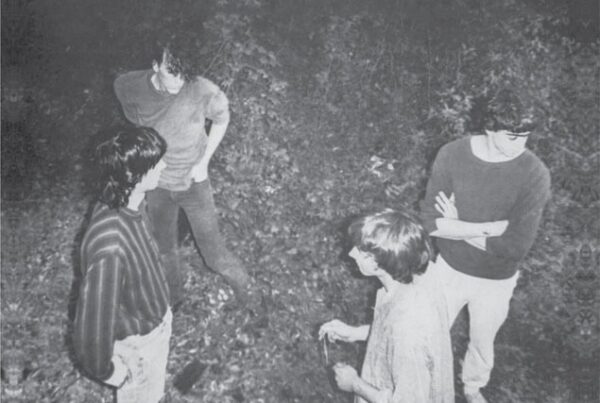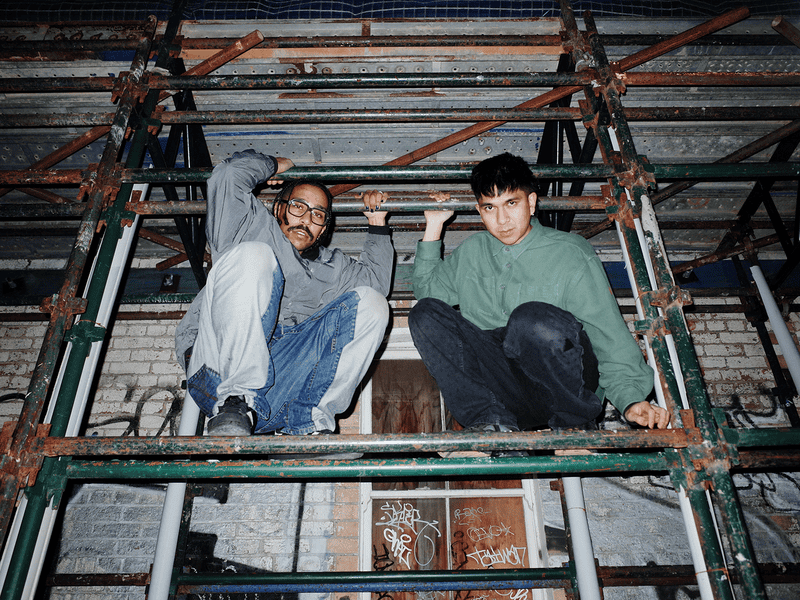Dom Smith talks to D3T’s Head of Engineering Phil Owen about the workplace culture of D3T and what developments are being made to support diversity and inclusion.

“Success to me, is creating something that makes other people happy,” says Phil, when reflecting on how he defines that word (success) in the video game industry. “You can look at sales and profit, but from my point of view, it’s about making people happy, and the same goes for my ‘out of work time’.”
How does Phil work to make himself happy then? “You’ve got to surround yourself with good people, who are like-minded. It’s also about making the most of any opportunity you get…”
In terms of the opportunities that he himself had when breaking in to the games industry, Phil reflects on how getting work has changed since the start of his career in the early 90s: “I was super lucky when I got into the industry, my journey was not standard in any way. I taught myself to program during the early stages of home computers. I was really interested in games then, and I wanted to start making them.”
Phil went away to university without an idea of how to get into the games industry, but (as luck would have it) he was a “good golfer” and won a lot of competitions. By chance, one competition, he was paired with someone who already worked in the industry: “We got talking about games, and what I was doing at uni, as well as the areas I was interested in. He offered me work for 50 quid a week, and I said, ‘yeah, of course!’ and that’s how I got in.”
As a professional in the industry, Phil understands that for students and graduates now, getting into the games industry is extremely hard, and is realistic when it comes to taking advantage of chances: “Once you’ve got your foot in the door, you have to grab that opportunity with both hands, and don’t let go.”
When discussing what types of things he’d like to see from any student, or person getting involved in gaming, he stresses the importance of a good portfolio: “I want to see a passion for making games, and if you’re on a degree course, not just saying, ‘here’s the work I did at uni’, I want to see other work as well. I like to see enthusiasm, and passion. Not only in games, but an interest in us [at D3T].”
This all adds up to a key point that Phil makes around the importance of “being yourself” when coming to D3T, or going for interviews: “Don’t pretend to be someone that you think I want to see, because a massive part of working in a games studio is contributing to culture, and environment. It is very important that you are good at what you do, and understand the culture and environment of creative people.” Phil continues on, saying that if someone comes in, ideally they will have researched D3T, the games that they’ve made and who the team members are, as it will only help a person’s chances of getting work.
Tracking his own development from a junior developer to a Head of Department, Phil comments that he’s learned a lot during his progression: “One of the hardest lessons I had to learn was how to delegate, and how to get the best out of a team. That’s a difficult skill, and takes time to learn.”
Reflecting on his biggest challenge, Phil looks to Lego City when he worked at Traveller’s Tales (TT Games), and how hard it was creating an open-world area like that: “We were able to solve some significant problems and fill the world with life.” As lead programmer, Phil is most proud of that game: “It’s the game I look back on most fondly because we solved so many problems as best we could.”
Moving on to discuss the importance of location in the gaming industry and whether it matters at all, Phil says that the North West has been a “hot bed” for a long time. “My whole career has been in the North West, I haven’t moved anywhere else. I’ve had chance to go to America and Australia, I stayed where my family was and where I like to work. What matters is what games you want to work on, and how creative you want to be.”
Examining how the games industry has changed to embrace accessibility and diversity over the last few years, Phil says: “The thing that I always notice is how fast and quick the games industry adapts and moves, in all areas. We push these things forward. Society has changed for the better in terms of mental health and understanding that as well as accessibility and gender diversity. [The games industry] is a very welcoming place.”
In terms of D3T and its ethos when it comes to supporting creative and driven staff, Phil says simply and proudly, “we look after each other”, he continues: “We help, and we form ideas. We create, and we want to do the best for each other. D3T believes in a sense of belonging. We do so much to bring everyone together as much as we possibly can. We work hard, and love what we do.”
For more information visit: https://d3tltd.com/
Listen to, or watch the full chat below on Wobbling About and Rocking Out:






